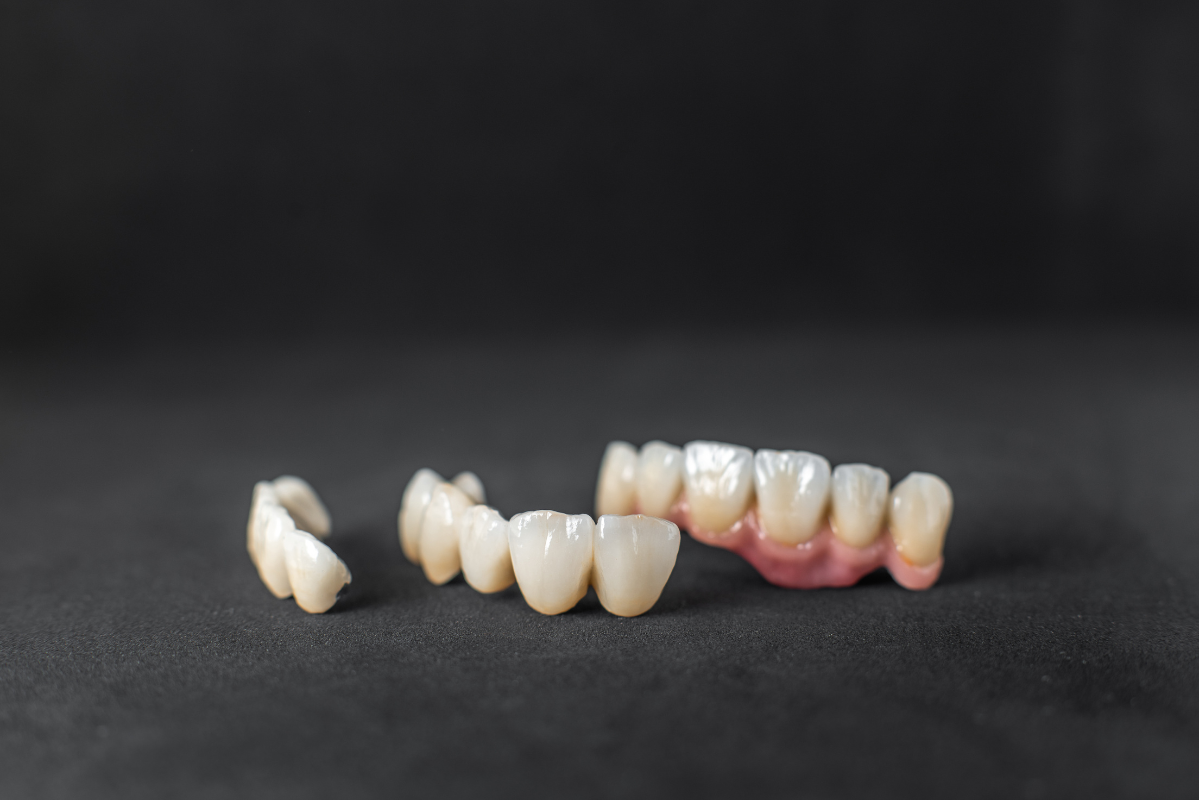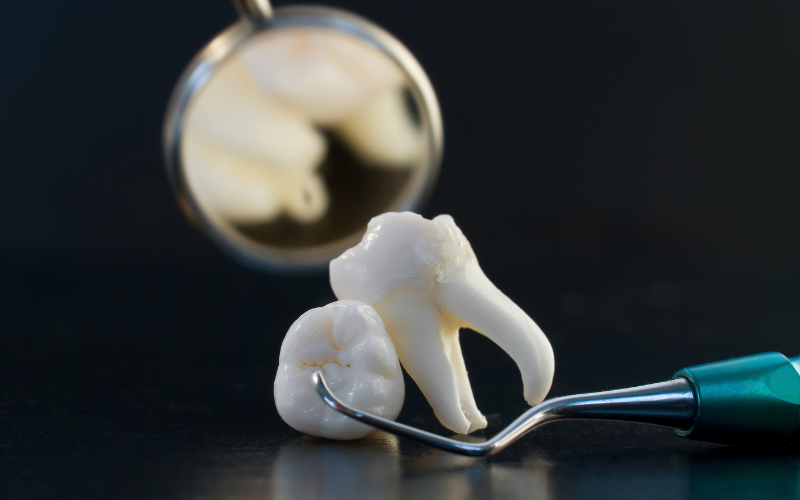
How To Avoid Infection And Speed Up Recovery After Wisdom Teeth Extraction
February 21, 2024
Tooth Extractions
Wisdom teeth extraction is a common procedure performed to alleviate pain and prevent dental issues caused by these late-emerging molars. While the extraction itself is relatively straightforward, the recovery process can be challenging, with the risk of infection being a primary concern. Infection can occur when bacteria enter the extraction site, leading to pain, swelling, and potential complications. Proper care during the recovery period is essential to prevent infection and promote healing. In this blog post, we will explore effective strategies to avoid infection and expedite the recovery process after wisdom teeth extraction.
Understanding Wisdom Teeth Extraction
Wisdom teeth, also known as third molars, typically begin to emerge between the ages of 17 and 25. However, due to evolutionary changes in our diet and jaw structure, many people need more room in their mouths to accommodate these additional molars. As a result, wisdom teeth can become impacted, meaning they are unable to emerge through the gums fully. Impacted wisdom teeth can lead to a variety of issues, including pain, infection, and damage to surrounding teeth.
Extraction is often recommended for impacted wisdom teeth to prevent these problems. The extraction process involves numbing the area with local anesthesia and then surgically removing the tooth. In some cases, the tooth may need to be cut into smaller pieces to facilitate removal. It is important to note that while wisdom teeth extraction is a common procedure, it has risks. In rare cases, complications such as nerve damage, dry socket, or infection can occur.
Avoiding Infection After Wisdom Teeth Extraction
Follow Post-Operative Instructions Carefully
Your dentist will provide you with detailed post-operative instructions. Follow these instructions closely, as they are designed to help prevent infection and promote healing. This may include information on how to care for the extraction site, what medications to take, and when to follow up with your dentist.
Keep the Extraction Site Clean
To prevent infection, it is important to keep the extraction site clean. Gently rinse your mouth with warm salt water several times a day, especially after meals, to help remove food particles and bacteria. Avoid using mouthwash containing alcohol, as it can irritate the wound.
Change Gauze as Directed
If your dentist has placed gauze over the extraction site, change it as directed. This helps to keep the area clean and free from debris that could lead to infection.
Avoid Irritating the Extraction Site
Avoid touching the extraction site with your fingers or tongue, as this can introduce bacteria and increase the risk of infection. Also, avoid vigorous rinsing or spitting, as this can dislodge the blood clot that forms in the socket. This leads to a painful condition known as a dry socket.
Speeding Up Recovery After Wisdom Teeth Extraction
Eat Soft Foods: In the days following your extraction, stick to a soft diet to avoid putting too much pressure on the extraction site. Opt for foods like yogurt, mashed potatoes, smoothies, and soups.
Stay Hydrated: Drink plenty of water to stay hydrated and help flush out any bacteria from your mouth. Avoid using straws, as the sucking motion can dislodge the blood clot that forms in the extraction site, leading to a dry socket.
Avoid Strenuous Activities: For the first few days after your extraction, avoid strenuous activities that could increase blood flow to the extraction site and delay healing. Rest as much as possible to allow your body to recover.
Use Ice Packs: Applying an ice pack to your cheek can help reduce swelling and discomfort. Use a cloth or towel to protect your skin, and only apply the ice pack for 10-20 minutes at a time.
Take Pain Medication as Directed: Your dentist may prescribe pain medication to help manage any discomfort you experience after your extraction. Take these medications as directed to stay ahead of the pain and prevent it from becoming severe.
Avoid Smoking and Alcohol: Smoking and alcohol can delay the healing process and increase the risk of infection. It is best to avoid smoking and alcohol consumption until you have fully recovered from your extraction.
Use Salt Water Rinse: After the first 24 hours, you can start gently rinsing your mouth with warm salt water to help keep the extraction site clean and promote healing. Mix about half a teaspoon of salt into a glass of warm water and swish it around your mouth for 30 seconds before spitting it out.
Recovering from wisdom teeth extraction requires patience, diligence, and proper care to avoid infection and ensure optimal healing. By following the tips outlined in this blog post, you can significantly reduce the risk of complications and discomfort during your recovery period. Remember to closely follow your dentist’s post-operative instructions, maintain good oral hygiene, and seek prompt medical attention if you experience any signs of infection. With proper care, you can make your recovery from wisdom teeth extraction as smooth and comfortable as possible.
More Blog Posts
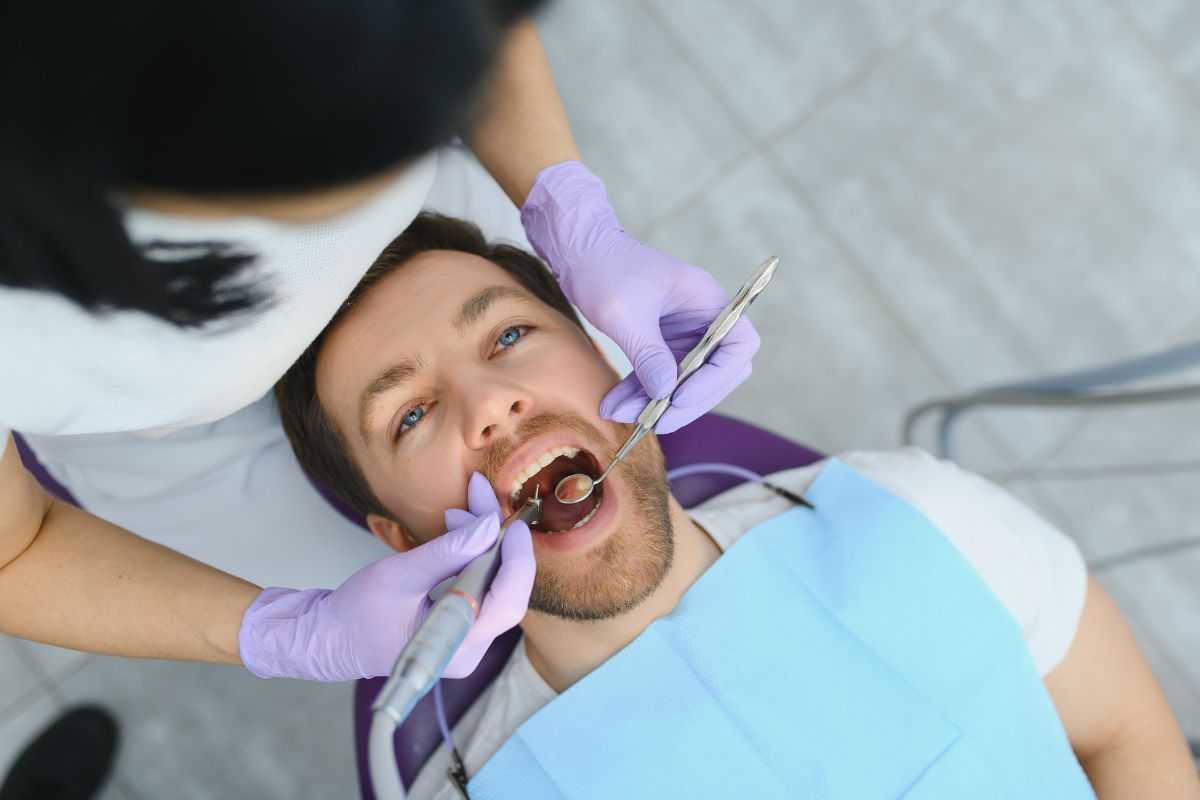
Composite vs. Amalgam Fillings: Which Is Better for Your Smile?
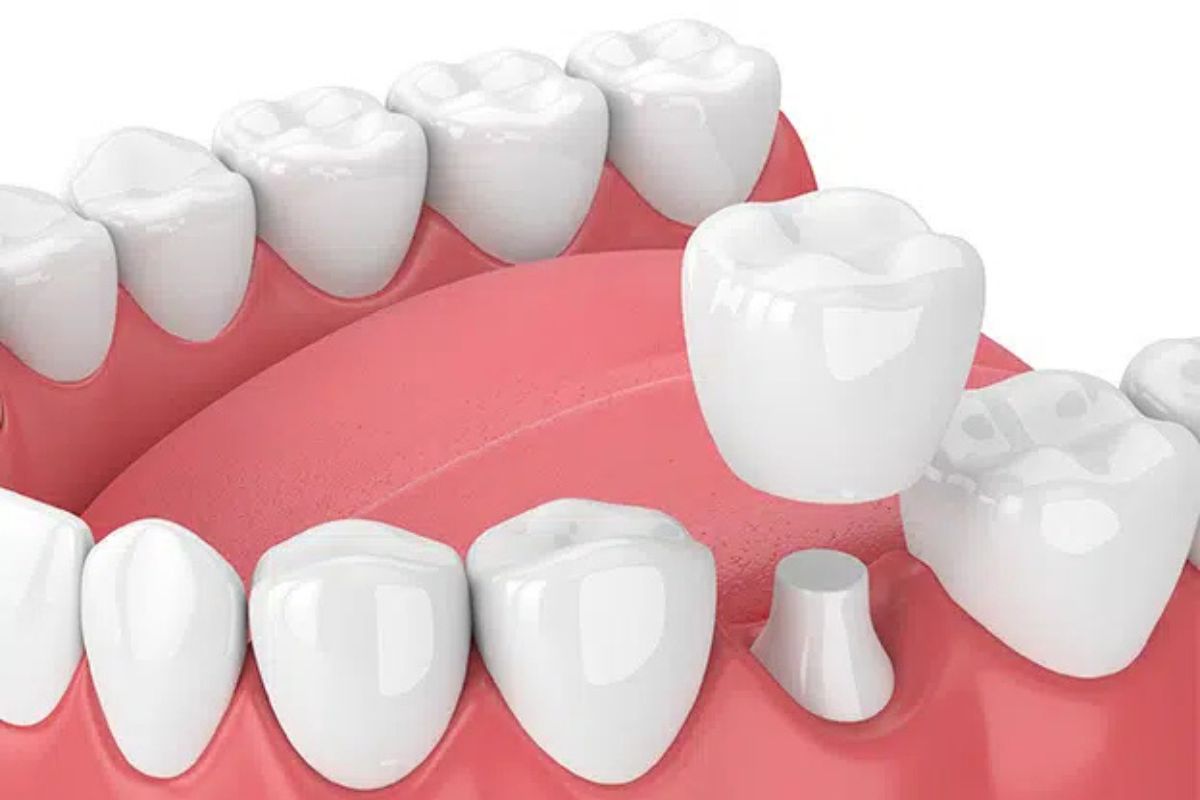
How to Know When Your Dental Crown Needs Replacement
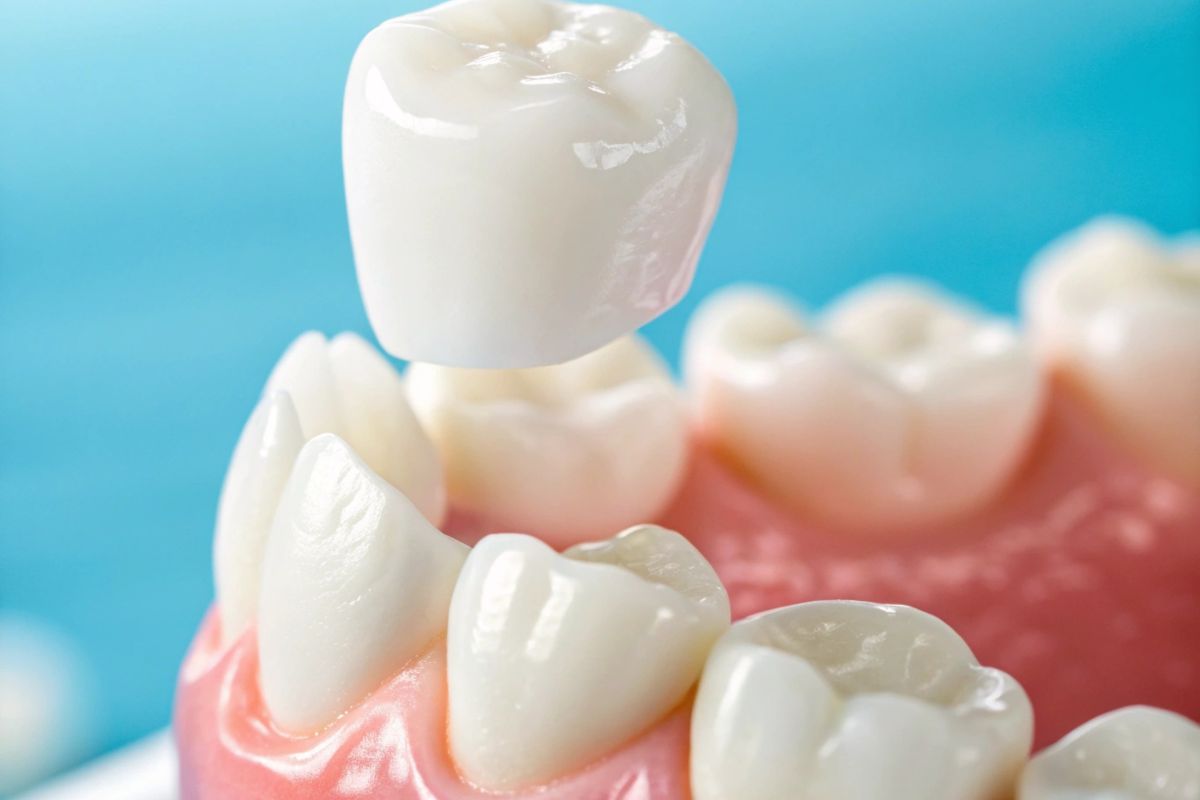
Dental Crown Problems & How to Fix Them
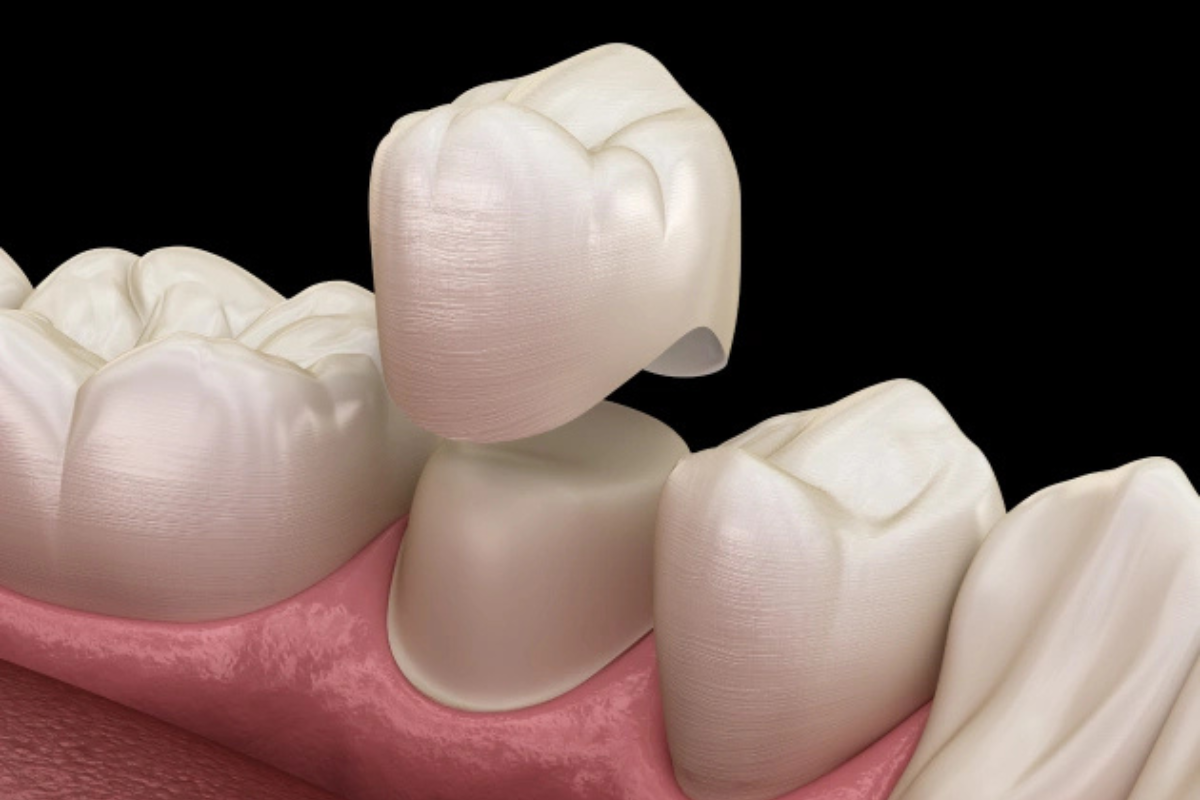
Caring for Your Dental Crowns: Do’s and Don’ts
